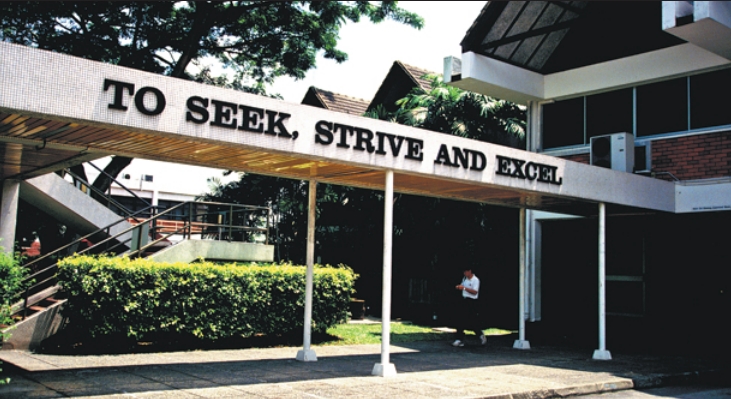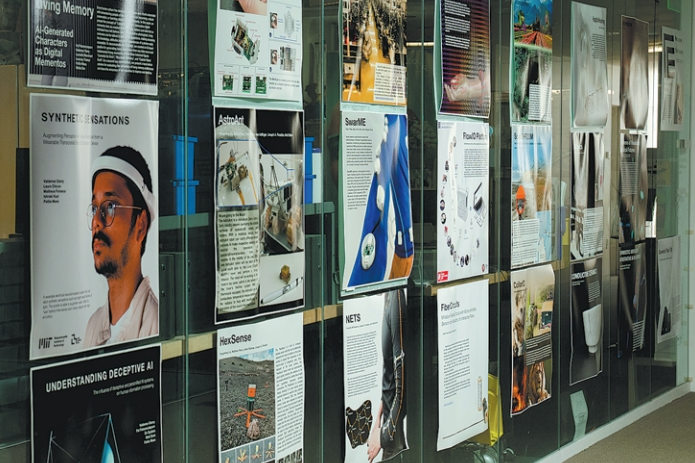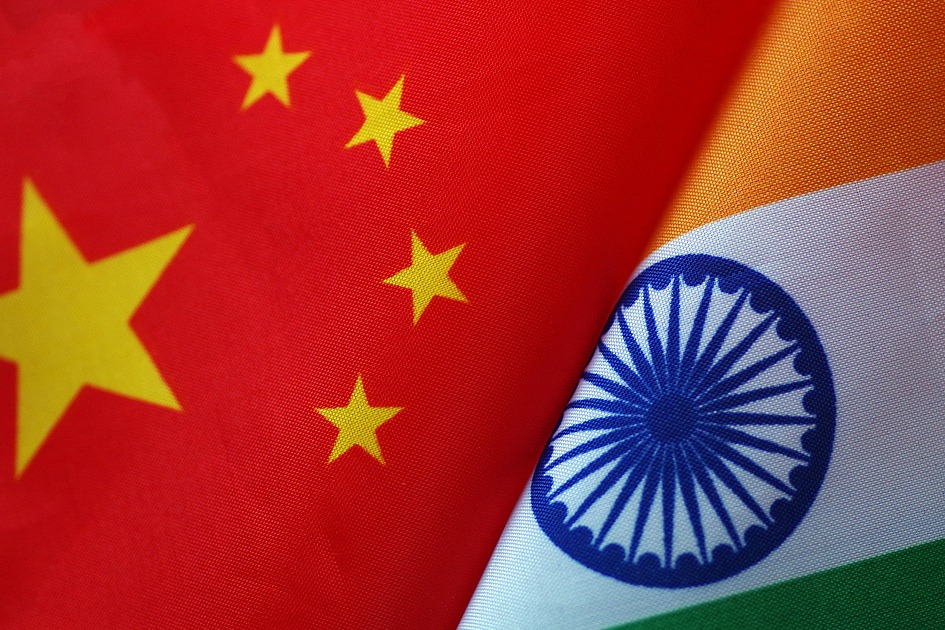Tech calls the shots
Singaporean universities report fewer cases of AI plagiarism, but experts warn of risks


Creativity needed
Academics say universities must bring AI use into the open and rethink assessments to stay ahead.
The Singapore Management University Associate Professor of Marketing Education Seshan Ramaswami embraces AI tools, but with caveats.
He has encouraged students to use AI, provided they submit a full account of how tools were used and critique their outputs.
He also uses AI tools to create practice quizzes, and a chatbot that allows students to ask questions about his class materials. But he tells them not to "blindly trust" its responses.
The real danger lies in uncritical AI use, he added, which can weaken students' judgment, clarity in writing or personal integrity.
Ramaswami said he is "going to have to be even more thoughtful about the design of course assessments and pedagogy".
He may explore methods like "hyper-local" assignments based on Singapore-specific contexts, oral examinations to test the depth of understanding, and in-class discussions where devices are put away and ideas are exchanged in real time.
Even long-standing assessment formats like individual essays may need to be reconsidered, he said.
Thijs Willems, a research fellow at the Lee Kuan Yew Centre for Innovative Cities at the Singapore University of Technology and Design, said that while essays, presentations and prototypes still matter, these are no longer the sole markers of achievement.
More attention needs to be paid to the originality of ideas, the sophistication with which AI is prompted and questioned, and the human judgment used to reshape machine output into something unexpected, he said.
These qualities "surface most clearly in reflective journals, prompt logs, design diaries, spontaneous oral critiques, and peer feedback sessions", he added.
Singapore University of Social Sciences Associate Professor Wang Yue, head of the Doctor of Business Administration Programme, said undergraduates should already have basic cognitive skills and foundational knowledge.
"AI frees us to focus on higher-order thinking like developing insights and exercising wisdom," she said, adding that restricting AI would be counterproductive to preparing students for the workplace.
Call for critical thinking
The same speed that makes AI exciting is also its potential hazard, said Willems, warning that learners who treat it as a "one-click answer engine" risk accepting mediocre work and weakening their own understanding.
The key is to focus on the quality of human and AI interaction, he said. "Once learners adopt the stance of investigators of their own practice, their critical engagement with both technology and subject matter deepens."
Jean Liu, director of the Centre for Evidence and Implementation and adjunct assistant professor at the Yong Loo Lin School of Medicine, said that while AI offers major advantages for learning, universities must clearly define the line between acceptable use and academic dishonesty.
"AI can act as a tutor who provides personalized explanations and feedback … or function as an experienced mentor or thought partner for projects," she said.
But the line is drawn when students allow AI to do the work wholesale.
"In an earlier generation, a student might pay a ghost writer to complete an essay," Liu said. "Submitting a ChatGPT essay falls into the same category and should be banned.
"In general, it is best practice to come to an AI platform with ideas on the table, not to have AI do all the work. Helping students find this balance should be a key goal of educators."
Universities must be upfront about what kinds of AI use are acceptable for students, and provide clearer guidance, she added.
Jason Tan, associate professor for policy, curriculum and leadership at the National Institute of Education, said the rise of AI is testing students' integrity and sense of responsibility.
Overreliance on AI tools could also erode critical thinking, he added.
"Students have to decide for themselves what they want to get out of their university education," he said.
THE STRAITS TIMES, SINGAPORE































